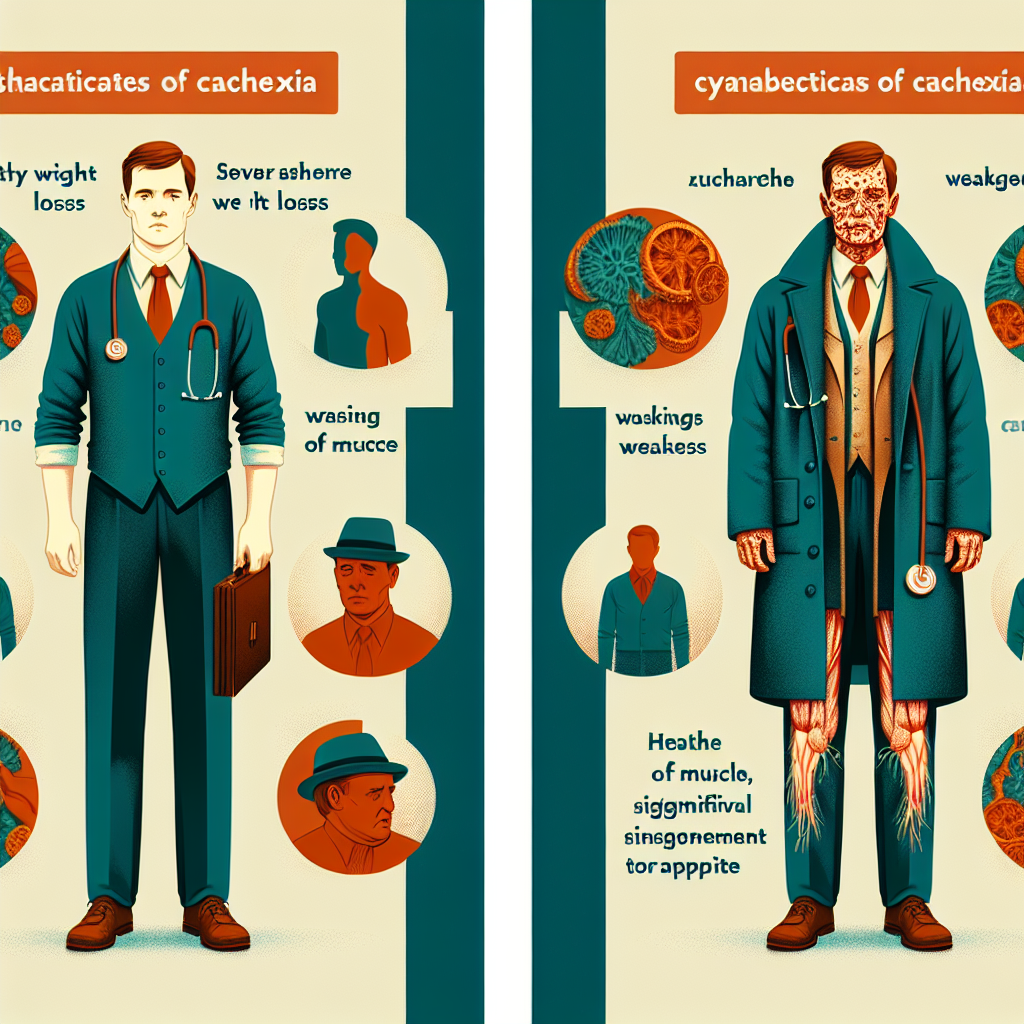Reclaiming Motivation: How Cancer Cachexia Affects the Brain
Advanced cancer often leads to cachexia, a syndrome causing profound apathy in patients. New research reveals that cancer hijacks brain circuits controlling motivation, suggesting potential treatments to restore patients' engagement with life. Findings may also apply to other chronic diseases, offering hope for improved quality of life.

Cancer cachexia, a syndrome afflicting late-stage cancer patients, may significantly impact motivation by hijacking specific brain circuits, according to new research from Washington University in St. Louis. This condition leads to severe apathy, complicating treatment and isolating patients from loved ones, despite adequate nutrition.
Scientists discovered that cancerous growths release inflammatory molecules affecting a brain region called the area postrema, which then lowers dopamine levels, reducing motivation. By experimenting with mouse models, researchers identified methods to restore motivation, such as blocking certain cytokines or stimulating dopamine release, suggesting potential treatment pathways.
These findings challenge existing perceptions about the psychological response to cancer, hinting at broader implications for other chronic illnesses. Researchers believe future therapies could target the inflammation-dopamine circuit, offering hope to millions facing debilitating apathy due to various health conditions.
(With inputs from agencies.)
- READ MORE ON:
- cancer
- cachexia
- motivation
- research
- brain
- circuits
- inflammation
- dopamine
- chronic
- syndrome
ALSO READ
Space Ventures and Brain Tech: Pioneering Beyond Earth and Mind
Unveiling the Brain's Role in Political Passion: A Groundbreaking Study
Brain Injury Impact: Unveiling the Political Passions Pathway
Childhood Adversity's Impact on Brain Development
Unveiling the Brain's Blueprint: A New Era in Neuroscience










